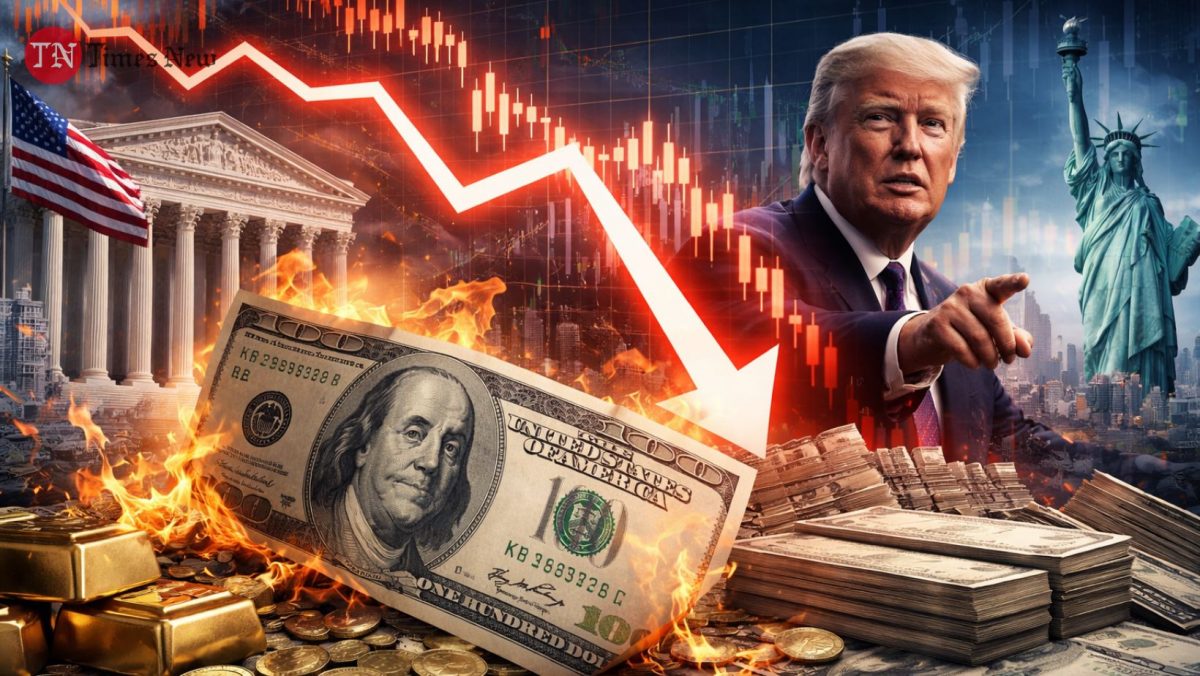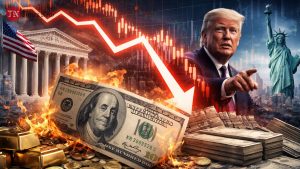
A surge of AI-driven political disinformation, including deepfake videos of Kamala Harris and Joe Biden, as well as a doctored image of Donald Trump being arrested, has raised alarms about its potential to manipulate voters as the US presidential race intensifies. With the 2024 election being dubbed America’s first AI election, researchers warn that such tech-enabled fakery could steer voters toward or away from candidates, exacerbate partisan tensions, and even deter voter turnout.
Elon Musk faced criticism for sharing a deepfake video of Vice President Harris with his 192 million followers on X, formerly Twitter. The video, which portrayed Harris disparaging herself and President Biden, lacked clear indications of its satirical nature. In addition, manipulated videos and images falsely depicting Biden cursing his critics and Trump being arrested have been debunked by fact-checkers, highlighting the growing threat of AI-generated disinformation.
Calls for tech giants to strengthen safeguards around generative AI have intensified, with advocacy groups urging platforms to prohibit deepfakes in political ads and enhance algorithms to promote factual content. Despite some tech companies claiming efforts to label AI-generated material, concerns remain over the effectiveness of these measures. Observers warn that the proliferation of AI-enabled falsehoods could undermine public trust in the electoral process, with a significant portion of Americans expressing skepticism about the 2024 election results due to AI’s impact.
Pic Courtesy: google/ images are subject to copyright









